What These Amazing Women Are Doing to Stop Sex Crimes All Over the World
While it's not the norm, it does introduce a very interesting conversation.
People all over the world are being bought and sold for sexual exploitation, forced labor, domestic servitude, forced marriage, or even for their organs and human sacrifice. These are the many ugly areas of human trafficking that most of us don't think about when we think of the world's fastest-growing global sex crime.
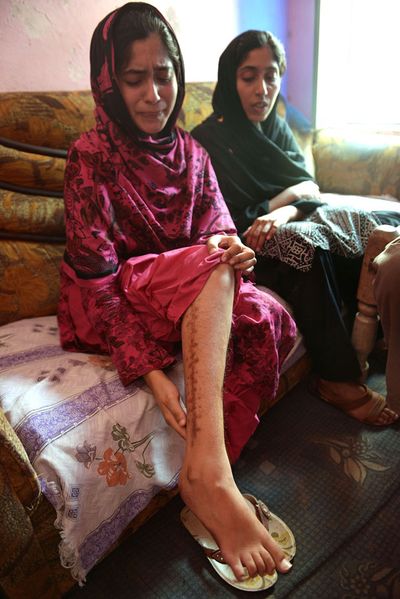
Sisters Zunera (left) and Shaista, who were trapped in the sex trafficking trade by a neighbor and held hostage in a brothel in Dubai, speak during an interview with AFP in Faisalabad, where they are in hiding with their family. Zunera once dreamed of becoming a computer engineer. Instead, at the age of 16, the bright-eyed Pakistani was tricked into prostitution in the UAE, beginning a four-year nightmare of cruelty, violence, and rape.
"People don't like to talk about it, people don't like knowing it happens," says Amy Archer of Stop The Traffik. "People don't want to know that it's happening in their neighborhoods." The global movement addresses the modern-day slave trade through hard-hitting videos, films, and campaigns in hopes of inspiring people to become voices against trafficking.
While organizations like Stop The Traffik is focused on awareness, others are leading the fight against gender-based crimes by attacking female sexual repression.
There's no denying that repression and human trafficking are different, but the connection the two have with one another is the existence of a sexuality model where women are commodities and men are consumers. Many of us are taught at a young age that sex is a bad, shameful thing so no one speaks up when their experience actually becomes a bad, shameful, often violent thing.
One woman sex activist who believes that the first step to combating sexual crimes is to remove the shame from consensual sex is Jaclyn Friedman. Today, she
has been described as a feminist rockstar. Twenty years ago, she was just starting to process a rape she had experienced in college. She wasn't on a date with this person. She wasn't attracted to him. Yet after a few drinks with friends, he followed her back to her room and raped her.
Stay In The Know
Get exclusive access to fashion and beauty trends, hot-off-the-press celebrity news, and more.
The more she digested what happened, the more she rejected the shame that society tried to make her feel. For Friedman, it wasn't about simply not liking the experience. It was point-blank rape and no one was accepting it. Somewhere along the way, our "boys will be boys"society finds it acceptable to blast women for what they wear or how much they drink, yet deflects the responsibility from men for sexual assault.
"I spent a lot of time thinking about this shame that women are supposed to feel. I kept hearing from women, 'how do I know what I want to say yes to?' and then I realized that it's not an accident that we don't know what we want from sex," she says.
"We live in a culture where sex is by and for men," she continues. "We're not encouraged to know what we want from it. We're just encouraged to be as appealing as possible."
To change the views in patriarchal cultures that rule most of the world, we must first take the shame and dishonor out of sex. We do this by teaching women that they can be in complete control of every sexual experience they ever have in life. To accomplish this great mission, Friedman, author of the books Yes Means Yes: Visions of Female Sexual Power and a World Without Rape and What You Really Really Want: The Smart Girl's Shame-Free Guide to Sex & Safety, has made it her life goal to introduce "pleasure based"sex education for young girls so that there aren't any doubts when rape is rape.
"It's this weird idea that if we tell [teens] that sex is pleasurable, they're all going to go have sex … and this isn't true," says the executive director at the non-profit Women, Action & the Media. "If we teach that sex should feel good and if it doesn't, then at least young girls will be able to say, 'this is not what I'm supposed to feel and nothing is wrong with me.' "
Kit Maloney is another sex activist who believes that only through openly talking about female-pleasure can we end gender-based sexual violence. In college, she was overwhelmed by the sexual assault stories she heard from women and went on to obtain her masters degree in gender and social policy with a focus on anti-rape and sexual violence. At the end of 2014, Maloney's company O'actually, an adult-content platform focused on pleasure for both genders, is expected to launch.
"I know that people would have been much more comfortable if we had made [the company] a non-profit focused on ending sexual violence," she admits. "But I decided to make my company a for-profit dedicated to sexual pleasure."
"I am very thankful for the many amazing people in the world addressing violence, but I also believe that if we don't balance our conversation of violence with pleasure, then we're not giving the conversation justice," she says. "It's sometimes easier for us to talk about the grim then to talk about ownership of celebrating sexual freedom and what that actually looks like."
The big part of the problem, says Maloney, is the shame associated with female pleasure. If women weren't meant to feel intimate pleasure, then we exist solely for the male pleasure — and that kind of mindset is the root of all sexual evils.
Lux Alptraum, a writer, sex educator, Ivy-league graduate, and former adult-industry executive agrees with Maloney, saying the more comfortable we, as a society, become with the fact that sex is not the evil culprit, the better we'll become at tackling global sex crimes.
"Once you make consensual sex something that is sexual and not shameful then you can combat non-consensual sex or rape or slavery," she says.
By talking about pleasure, we are reiterating that sex should be a mutually beneficial experience and consensual sex is something to be proud of, not something to feel shameful about. Through talking about pleasure, we are also telling women that they have full control of their bodies. It has long been the norm that men are in charge of sexual and intimate relationships, but we need to change that norm by letting women know they have the autonomy to start and end any sexual experience they may encounter. This might not stop offenders from taking sex forcibly if they choose to, but at least it takes the shame out of talking about it and the victims will be more willing to step forward.
Speaking about pleasurable sex in no way excuses men's behaviors that are harmful to women and other men. If we tolerate the "boys will be boys"mentality or "she asked for it," we are saying it's acceptable to place the blame on women while sidestepping men's responsibility for sex crimes.
Related:
My Mom Sold My Virginity
SCARY TRUTH: You Can Buy Underage Girls for Sex Online
I Escaped Life As a Sex Slave
-
 The Royal Family Easter Rule Kate Middleton Broke in 2018
The Royal Family Easter Rule Kate Middleton Broke in 2018The Princess of Wales was pregnant with her third child—Prince Louis—at the time.
By Amy Mackelden
-
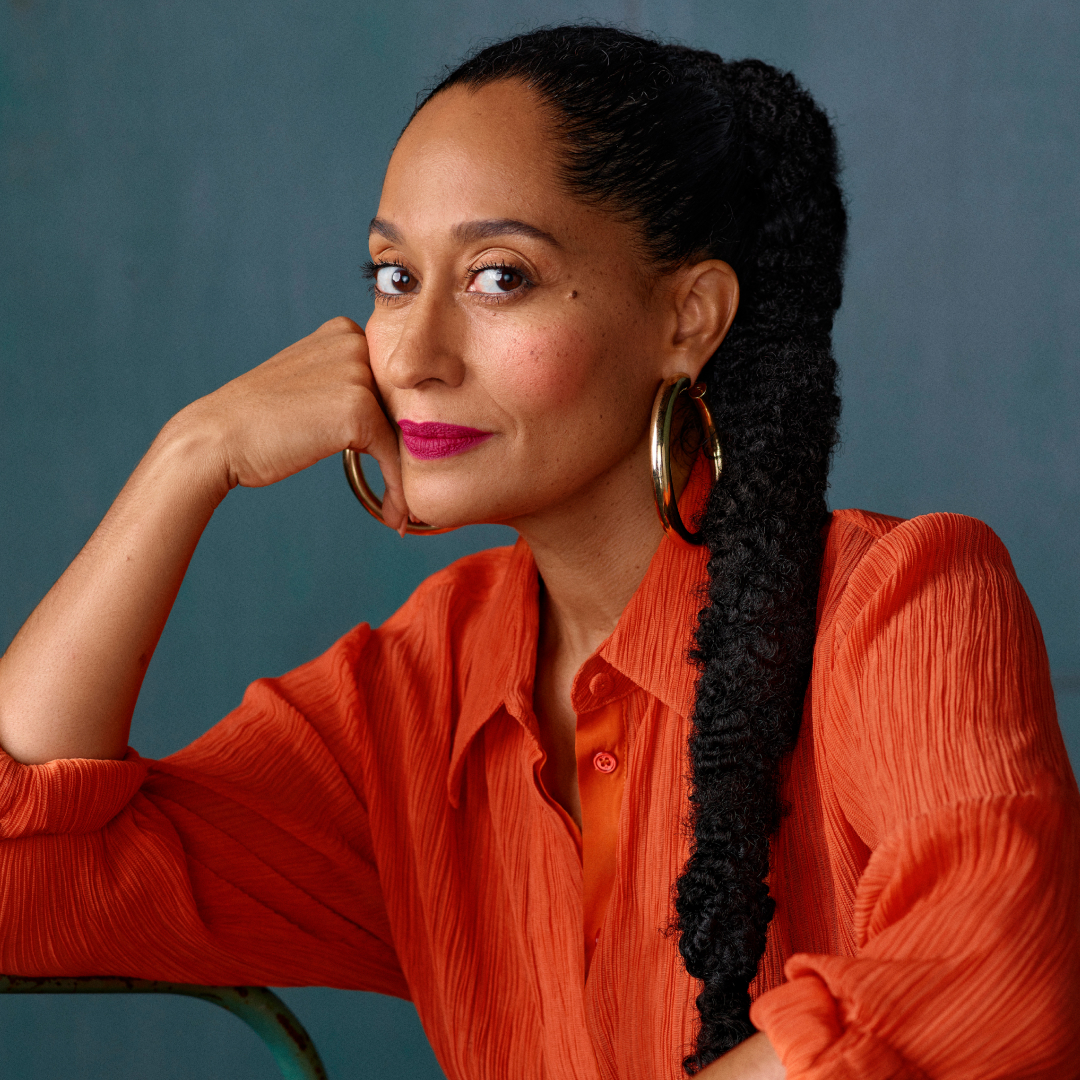 Tracee Ellis Ross Reflects on "Grief" Over Not Marrying or Having Kids
Tracee Ellis Ross Reflects on "Grief" Over Not Marrying or Having Kids"I grieve the things that I thought would be and that are not."
By Amy Mackelden
-
 A "No-Fly Zone" Has Been Placed Over King Charles's Home
A "No-Fly Zone" Has Been Placed Over King Charles's Home"It prompted a security scare."
By Amy Mackelden
-
 36 Ways Women Still Aren't Equal to Men
36 Ways Women Still Aren't Equal to MenFeatures It's just one of the many ways women still aren't equal to men.
By Brooke Knappenberger
-
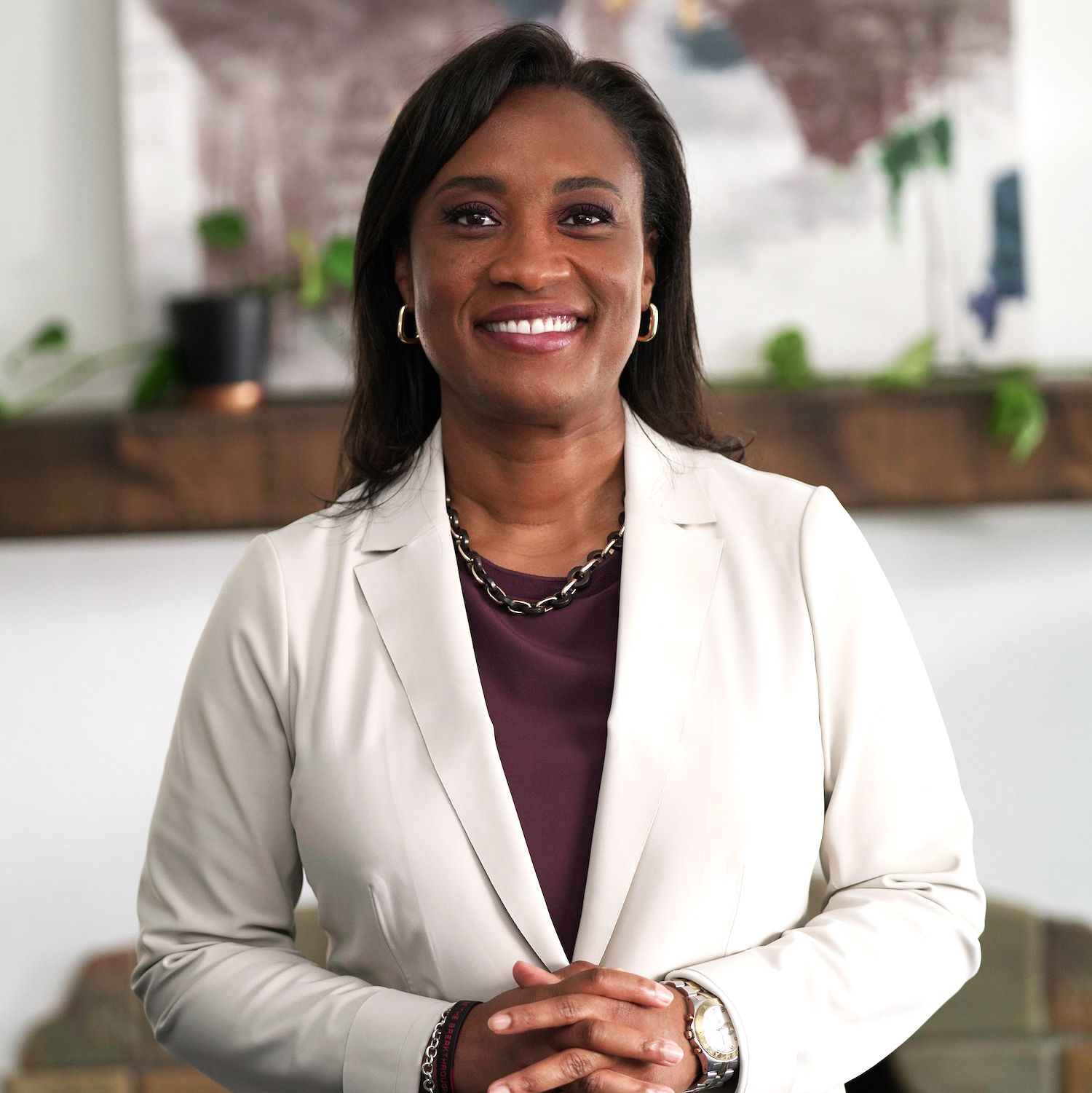 EMILY's List President Laphonza Butler Has Big Plans for the Organization
EMILY's List President Laphonza Butler Has Big Plans for the OrganizationUnder Butler's leadership, the largest resource for women in politics aims to expand Black political power and become more accessible for candidates across the nation.
By Rachel Epstein
-
 Want to Fight for Abortion Rights in Texas? Raise Your Voice to State Legislators
Want to Fight for Abortion Rights in Texas? Raise Your Voice to State LegislatorsEmily Cain, executive director of EMILY's List and and former Minority Leader in Maine, says that to stop the assault on reproductive rights, we need to start demanding more from our state legislatures.
By Emily Cain
-
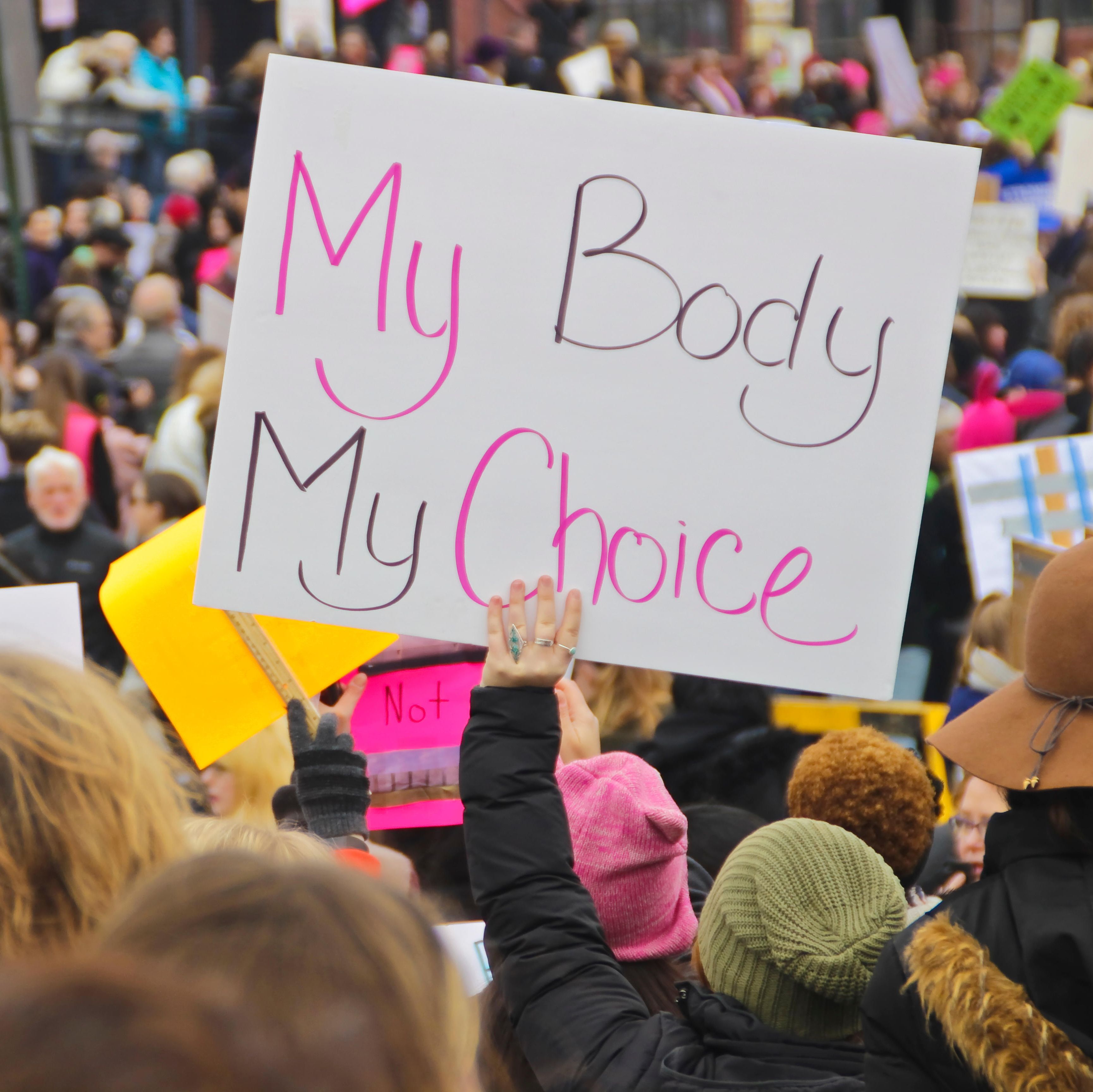 Your Abortion Questions, Answered
Your Abortion Questions, AnsweredHere, MC debunks common abortion myths you may be increasingly hearing since Texas' near-total abortion ban went into effect.
By Rachel Epstein
-
 The Future of Afghan Women and Girls Depends on What We Do Next
The Future of Afghan Women and Girls Depends on What We Do NextBetween the U.S. occupation and the Taliban, supporting resettlement for Afghan women and vulnerable individuals is long overdue.
By Rona Akbari
-
 How to Help Afghanistan Refugees and Those Who Need Aid
How to Help Afghanistan Refugees and Those Who Need AidHow To With the situation rapidly evolving, organizations are desperate for help.
By Katherine J. Igoe
-
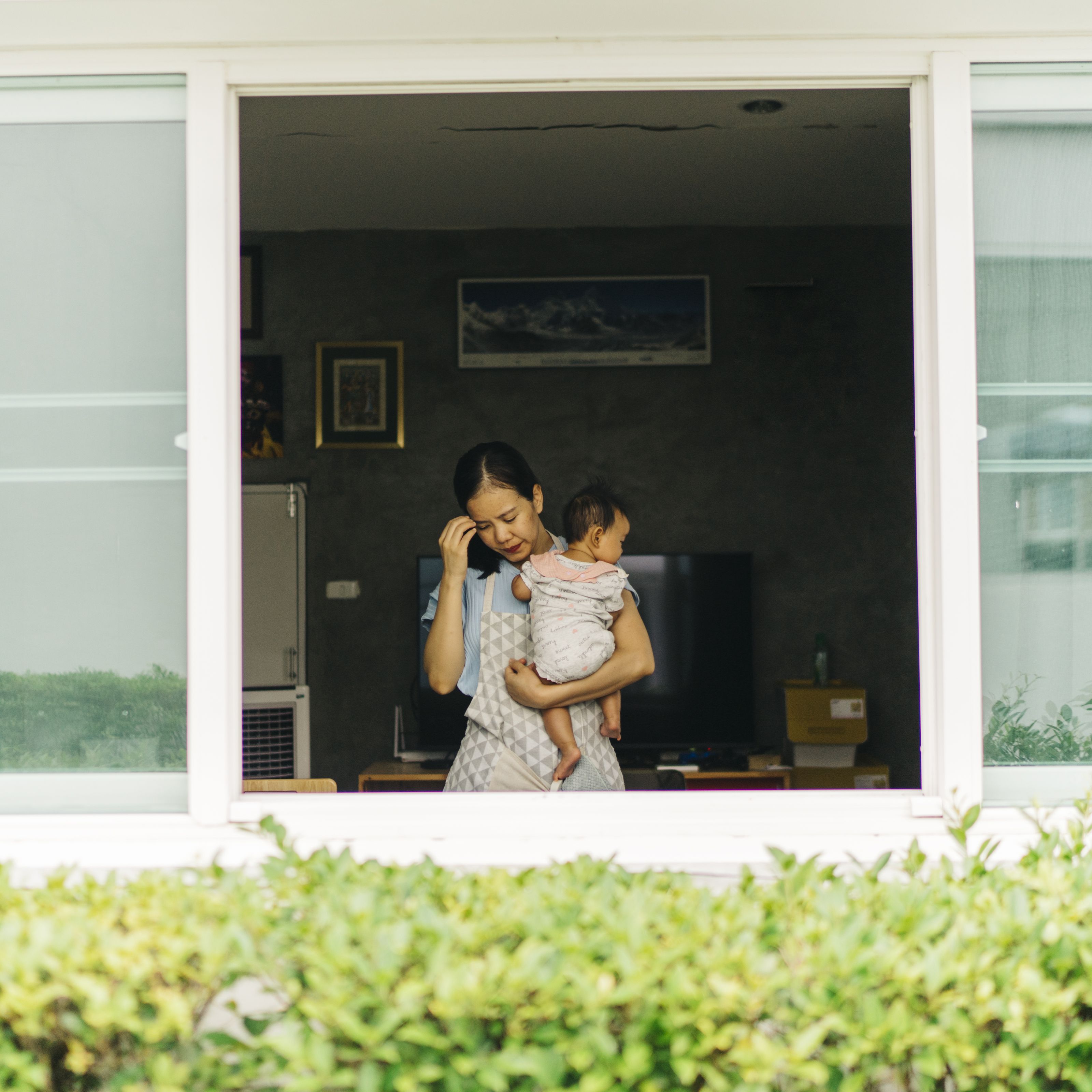 It’s Time to Give Domestic Workers the Protections They Deserve
It’s Time to Give Domestic Workers the Protections They DeserveThe National Domestic Workers Bill of Rights, reintroduced today, would establish a new set of standards for the people who work in our homes and take a vital step towards racial and gender equity.
By Ai-jen Poo
-
 The Biden Administration Announced It Will Remove the Hyde Amendment
The Biden Administration Announced It Will Remove the Hyde AmendmentThe pledge was just one of many gender equity commitments made by the administration, including the creation of the first U.S. National Action Plan on Gender-Based Violence.
By Megan DiTrolio